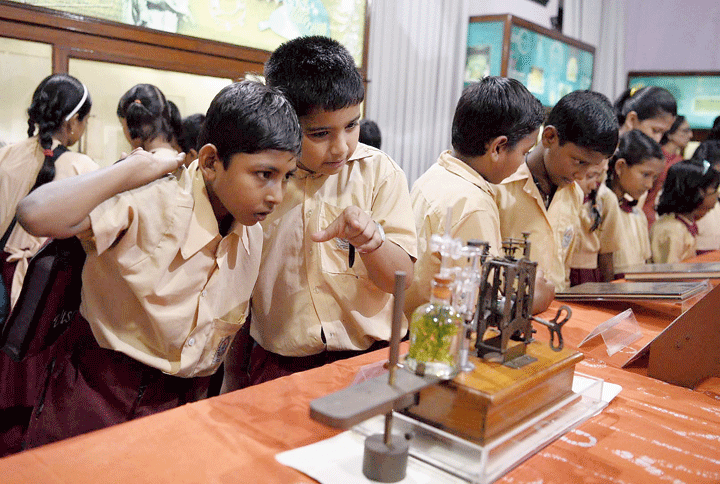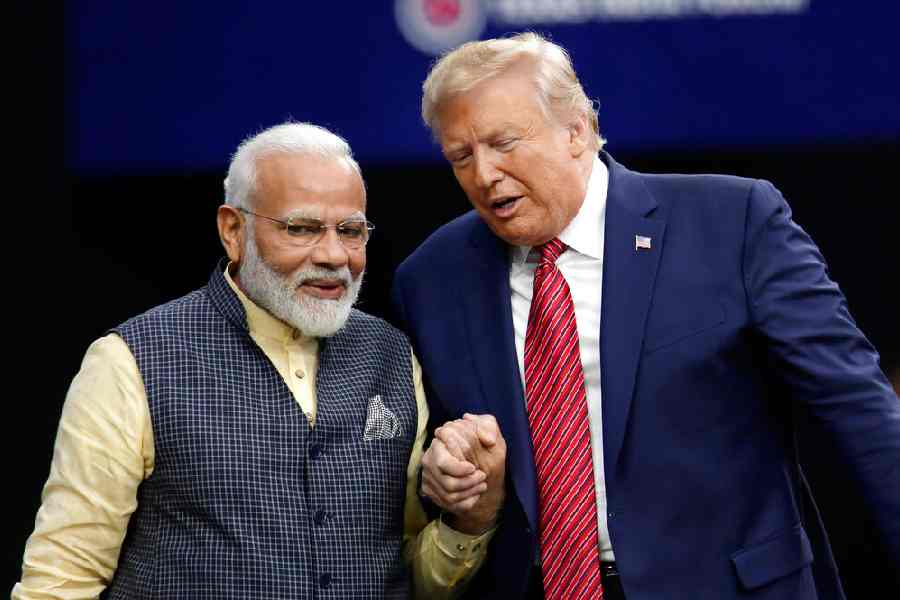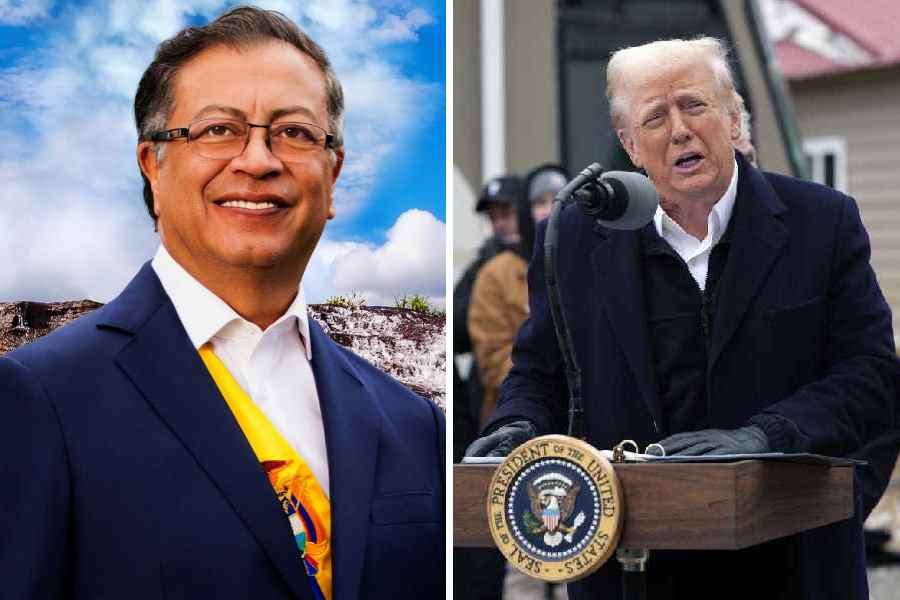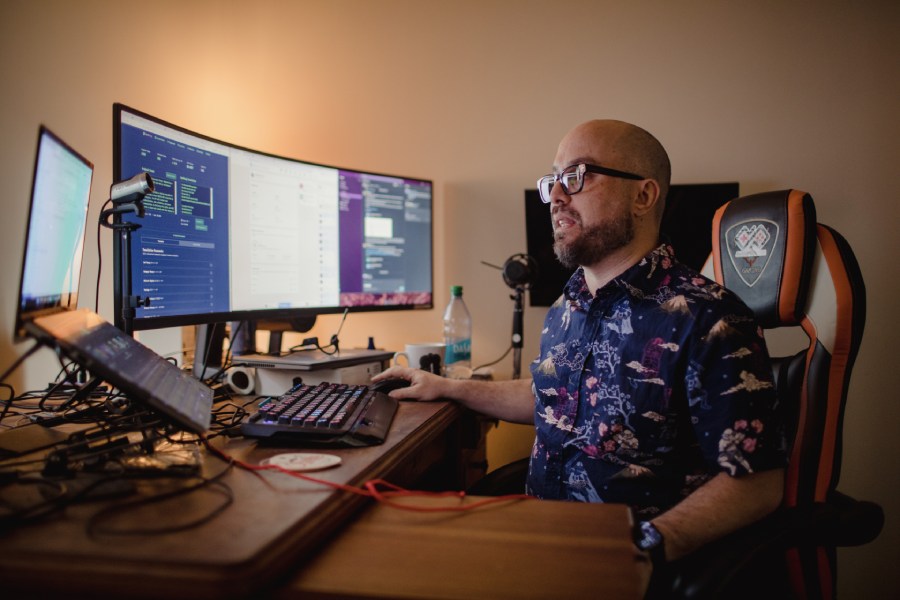On the 161st birthday of Acharya Jagadish Chandra Bose, a memorial lecture in his name paid tribute to the lesser known history of the computational aspects of Indian scientific tradition.
Subhash Kak, Regents Professor Emeritus of Oklahoma State University, Stillwater, emphasised the relevance it had to the current controversies in Artificial Intelligence.
“We are living in the most disruptive age in human history,” Kak — an expert on cyber security, AI, and quantum computing — said while delivering the 81st Acharya Jagadish Chandra Bose Memorial Lecture at the Bose Institute on Saturday.
“People are talking of colossal job loss. AI is to make people redundant. If the Industrial Revolution drew brain power, AI is replacing brain power,” the professor who coined the term quantum neural computing — a theory of brain processing — said.
Two-and-a-half years ago, the scientific establishment in the US put together 20 people from various branches of science to find out if computers will become conscious. “We met in the UK’s Cambridge, where half of us said computers will become conscious,” Kak said. “Computers will do literally all of what human beings do in cognitive tasks and they will be a serious challenge to humankind.”
Neuroscientist Henry John Markram of Israel applied to the EU and won a one billion Euro project to build a simulation model of the human brain.
Nicholas Negroponte of the MIT neuro lab said 20 to 30 years down the line people would pop a pill to learn English or pop a pill to learn Shakespeare. “Humans will discover the chemical analysis of the brain.”
“Everyone believes that computers will replace cognitive tasks but what about creativity? Creativity is not deductive decision-making,” Kak said.
Speaking of the role Indian ideas of physics played in Nikola Tesla’s research on energy-mass transformation, Kak who also researches history of science, said Swami Vivekananda had met Tesla at a party in 1896 in New York organised by actress Sarah Bernhardt. “Vivekananda had knowledge of Indian physics. Tesla was charmed to hear about the Vedantic prana and akasha and the kalpas from him.”
The professor also spoke of the influence of the Navya-Nyaya School that came up in Bengal and Bihar on the development of mathematical logic. “Navya-Nyaya developed a sophisticated language and conceptual scheme that allowed it to raise, analyse, and solve problems in logic and epistemology. Philosopher Bimal Matilal equated it to mathematical logic,” Kak said.
Talking about where science stands now, he said: “Where does consciousness come from? According to Vedanta, the mind is a flame that has to be lit. Nobel laureate Erwin Schrodinger said consciousness is unity. We obtain knowledge by delving within.”
Humanity stands in the middle of the computation age, it will make things easier to do, it will create forces that are disruptive; there will be a point of inflection in society but these challenges can be met my merging outer and inner sciences and it is here that Indian science could be of value, he said.











